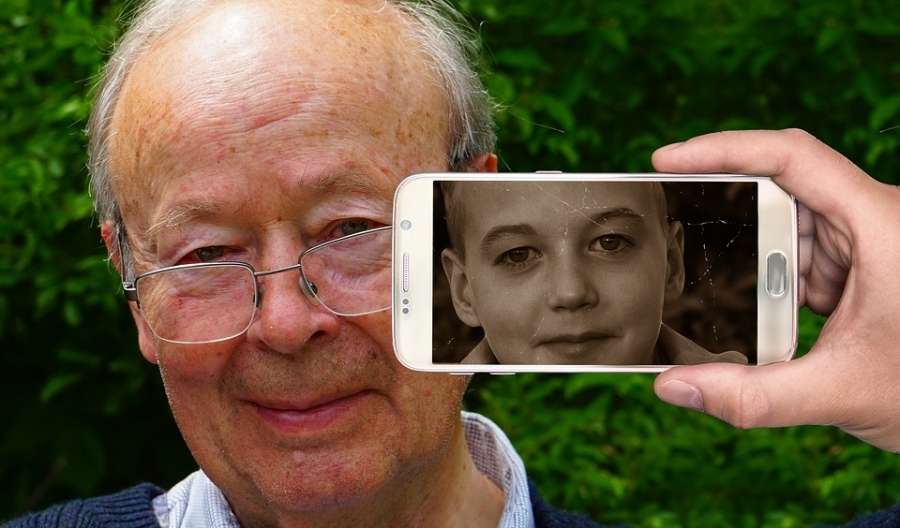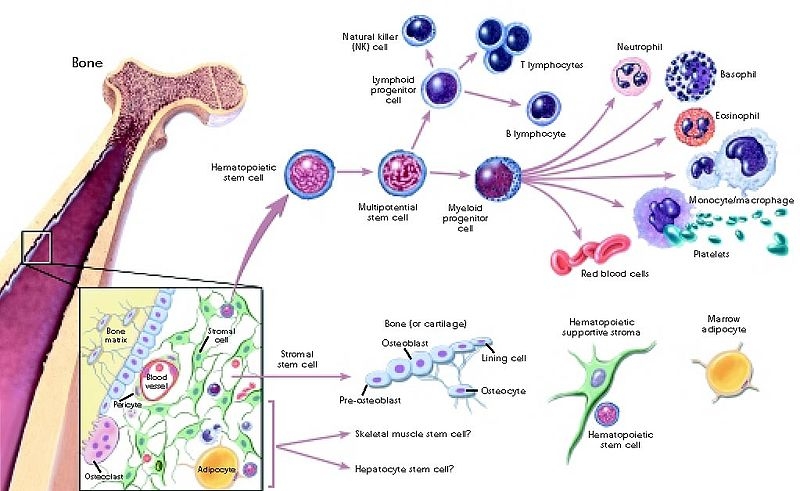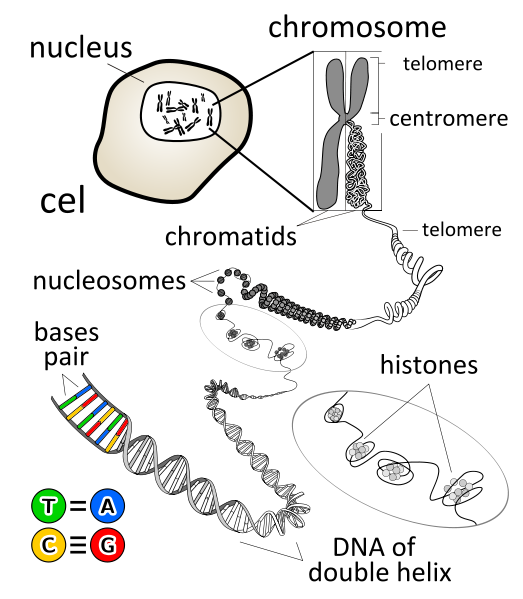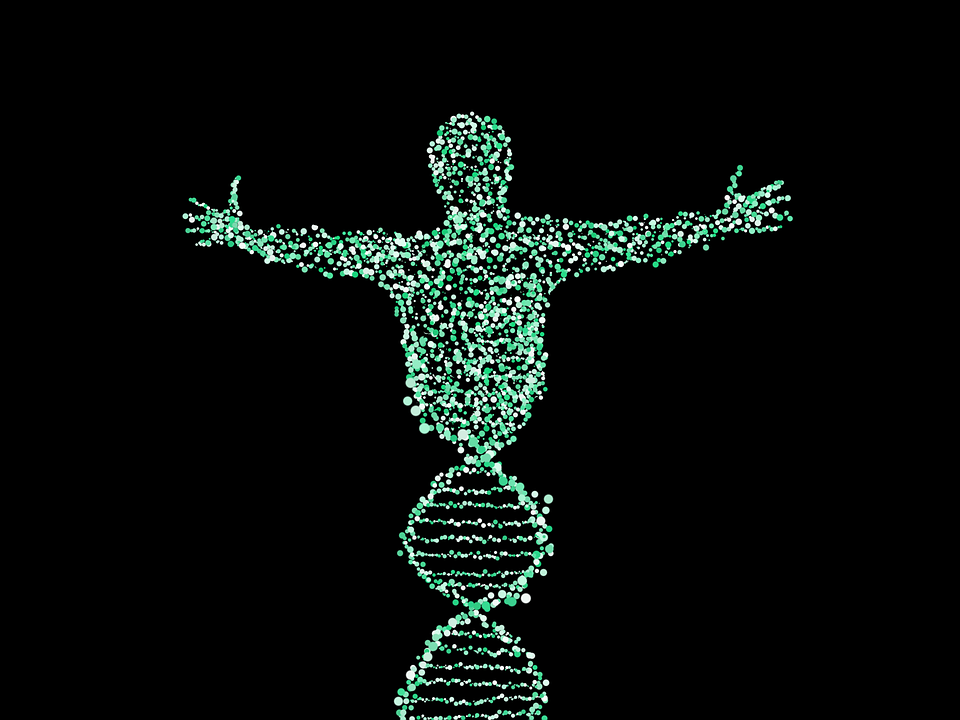“Inside every 40-year-old, is a teenager wondering, what on earth happened!”
From a bubbling and enthusiastic teenager to a sceptic ageing person, is a transformation, that most people in this world identify themselves with, after reaching a certain stage of life. This article is an attempt to answer, the above question, all of us have asked ourselves, sometime or the other. The effects of ageing in form of grey hair, wrinkled skin & decreasing vitality are all tell tale signs of ageing; but what is the reason that these changes occur in the body? Can they be preventable? The answers to these questions, lies in first understanding the basic reasons, that causes these changes.
Ageing which can be a part of growing up or be a part of growing old, is basically guided by intrinsic process & certainly with influence of external environmental factors. The main external factors, which acts on a person directly are – Sunlight (containing UV rays), toxins – reaching the human body through – air, water and diet. These affects the body in different way & produces deleterious changes. In the recent days, scientists have tried to identify these changes, which occur in the cellular level. Soon it was discovered that a multitude of changes takes place in cellular level, sometimes effectively changing the various contained cellular organelles (a cell organelle is a membrane bound structure in a cell, performing a special function).

With passage of every birthday, genetic alterations (and damage) accumulate in the body in a cellular level, as a person gradually ages. The powerhouse of cells - mitochondria; produces Adenosine Triphosphate (ATP) which is the main energy source for all events occurring in the cells. When mitochondrial function decreases, then condition of cells & the person as a whole deteriorates. The genetic expressions are also altered in the ageing cells, which can lead to the degenerative diseases, seen in old people.
The Chromosomes, containing DNA, in the cells; have protecting regions at its extreme ends, which are known as telomeres. Studies have shown these telomeres to shorten, with each successive cell division. Cells stop dividing & finally die, when the length of the Telomeres, becomes shorter than a critical level. This loss of cell renewal abilities, impairs body functions adversely. So, the ageing of an individuals, is associated with ageing of the cells too. Cellular regeneration, which is essential for a healthy life, gradually declines as a human being gradually ages.
Ageing also impairs the function of stem cells present in the human body. Stem cells are basically undifferentiated cells, from which a variety of different cells with differentiation (and specialization) can arise. The human body can use these cells, when and if any requirements arises. As a person gradually ages, the number of stem cells & their ability to give rise to new variety of cells also decreases. This affects the tissue renewal and functions of the body organs.

The impairment of the bodily functions, also causes toxic elements to accumulate, which along with decreased cellular communication, is detrimental to cell survival. This can affect the function of the organ concerned & life of an individual as a whole.
Elizabeth Blackburn, along with her co-worker - Carol Greider is credited with discovery of telomerase, which restores the stock of Telomeres. She was awarded Nobel prize in medicine in 2009, for her research into the ageing process & possible ways to slow it down. This involved extensive study of “Telomeres” present at the end of Chromosomes – which are thread like structures, made up of bundles of DNA & are present in nucleus of the cells. The Telomeres consists of a special type of DNA, which is different from the regular DNA, present elsewhere in the cells.

For proper growth & functioning of the body, correct cell division is very important. During this process of cell division, chromosomes replicate and DNA are copied. However, the telomeres (& DNA contained therein) gradually shorten over a period. In the words of Dr Elizabeth Blackburn, these telomeres at the end of Chromosomes are akin to protective caps, at the end of shoelace; which keeps the shoelace (or chromosomes, in this case) from fraying. With successive cell division, the protective tip of telomeres gets gradually shortened & is finally lost, creating a signal which prevents further cell division. This causes ultimately cell death.
The over shortening changes in Telomeres (in cellular level), are responsible for age related changes, seen in human beings. These death of cells (in skin) can cause skin wrinkles, death of hair pigment cells, starts causing greying of hairs. If cells of immune system die, then chances of infection increase. Telomere shortening is responsible for diseases related to old age, like increasing the risk of heart disease, degenerative nervous system diseases – like Alzheimer’s disease, some cancers & many other critical diseases.

Further investigations showed that a naturally occurring enzyme in our body - Telomerase, prevents shortening of telomeres thus allowing them to retain their length, enabling the cells to continue their cell divisional activities. So, using Telomerase, to retain Telomere length has been believed, to improve health status & delay the onset of ageing effects. But the question remained, as how that could be achieved?
As has been mentioned, shortening of Telomeres, causes the age-related changes seen in human beings. However, Telomerase can maintain the length of the Telomeres & thus act against the natural propensity of the telomere shortening (which occurs with recurrent cell division), causing age related changes, including health problems. Research showed that levels & activity of Telomerase depends on a person’s lifestyle & daily habits. Elizabeth Blackburn’s, Nobel’s prize-winning research, shed light on various activities, which can increase Telomerase levels.
Meditation and other exercises, which brings peace to the mind & stability to the body, have positive effects on the Telomere length. Expert Zen meditators, have longer Telomere length compared to people of similar age, who do not practice the ancient Buddhist tradition; as a Spanish research has shown. Similar activities like – Yoga and Qigong (a Chinese system of exercises, breath control and meditation) increases Telomerase activity. Cardiovascular exercises, done under expert guidance, done routinely over a period of time also has the same effect.

Having strong family bonds, good friend circle, amicable social interactions, living in a prosperous community – with little or no stress, optimistic mentality & balanced attitude, also increases Telomere length.
Food and eating habits, also influences Telomere length. Processed foods, soda & other cold drinks, refined oils have shown to reduce telomerase activity & shorten Telomeres. In contrast vegetables, fruits, seeds & nuts, meats rich in omega 3 fatty acids and other unprocessed foods increases telomerase activity & telomere length.
Studies have also shown that people who had previously lived a lifestyle that adversely effected Telomere length, if changed their lifestyle for better, could lead to increase in activity of telomerase. This lends creditability to the age old believe that a person, has the ability to change & turn around his/her life & health, whenever they choose.
The ageing process and its effects involves the basic cells, forming our body. Besides chronological age, a person’s physical environment, mental status, & food, which they eat and all other lifestyle choices, influences the ageing process. Very few people thought that these whole spectra can influence, tiny segments at the end of the chromosomes – the Telomeres, giving rise to age related changes. Nobel prize winning work of Elizabeth Blackwell, however gave a ray of hope, to all ageing individuals; which proved healthy lifestyle choices, can slow down this process of ageing & maintain a good health for an individual for a very long time, if not for ever.